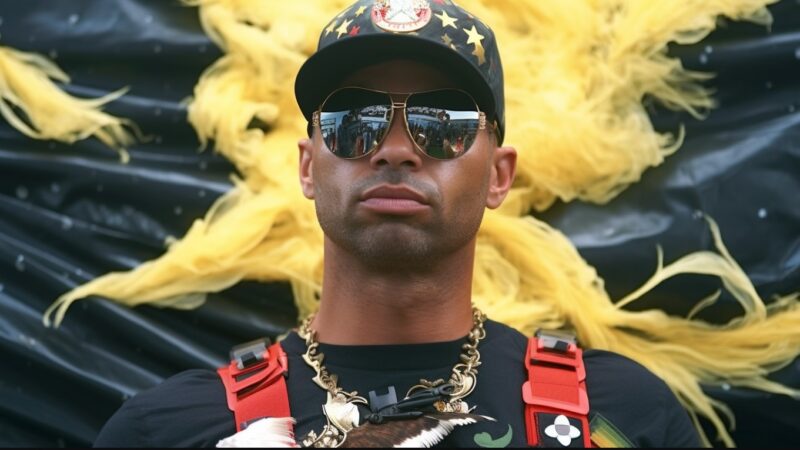
In a sentence that carries both legal and societal ramifications, former Proud Boys Chairman Enrique Tarrio received a 22-year prison term for seditious conspiracy related to the January 6, 2021, US Capitol attack.
This sentence represents the longest incarceration term handed out to anyone implicated in the events of January 6th. While the ruling has elicited impassioned responses from multiple quarters, it indisputably raises trenchant issues about the state of the American democracy and the rule of law.
The Charge of Seditious Conspiracy
The indictment of seditious conspiracy bears its weight heavily. It is a charge that specifically implies a concerted effort to overthrow or interfere with the lawful operation of the government. Enrique Tarrio, although not physically present during the Capitol riot, was adjudged to have been a ringleader in the orchestration of the event, exercising influence over the Proud Boys and contributing significantly to the mayhem that unfolded.
A Strident Judicial Voice: District Judge Timothy Kelly
The courtroom under District Judge Timothy Kelly was a venue for what can best be described as an exhortation for the preservation of democracy. The judge posited that the events of January 6, 2021, denigrated the nation’s values and contravened the intentions of its Founding Fathers. His decision to hand Tarrio the longest sentence related to the attack symbolizes a stringent judicial stance on acts that threaten the very core of American democratic norms.
The Justice Department’s Position
Originally, the Justice Department had advocated for a 33-year prison sentence for Enrique Tarrio, emphasizing the egregious nature of his crimes and his “toxic ability to control others”. Their portrayal of Tarrio was that of a puppet master who manipulated the strings of a grand conspiracy against the U.S. government. Although he received a sentence that fell short of this recommendation, the Justice Department considered the 22-year term as a substantive victory in their overarching fight against domestic terrorism.
Divergent Interpretations: Tarrio as a Misguided Patriot or Terrorist?
A point of contention during the trial was the characterization of Enrique Tarrio. His defense lawyer portrayed him as a misguided patriot, far removed from the epithet of a ‘terrorist’. Tarrio himself expressed remorse and made a commitment to abstain from future political activism. Whether this does anything to mitigate the perception of him remains a contentious point. Most probably he was lying to try and get a lighter sentence.
The Proud Boys: Role and Implications
Tarrio was not acting in isolation. The Proud Boys, an organization known for its far-right affiliations, received varying sentences for their roles in the Capitol breach, ranging from 10 to 18 years[4]. Prosecutors argued that their actions were a fulcrum in the execution of the breach, further strengthening the case against Tarrio.
Key Details: The Sentence and Its Implications
Tarrio’s 22-year sentence is a watershed moment, delineating new boundaries in the battle against domestic extremism. The judgment could serve as a harbinger for future legal proceedings related to acts that jeopardize the democratic setup of the United States.
Conclusion and Call to Action
The Enrique Tarrio case will indubitably become a cornerstone in jurisprudential discussions surrounding political extremism and domestic terrorism in America. It begs the question: Where does the nation draw the line between the exercise of First Amendment rights and acts that endanger its democratic fabric? As we ponder on this vital issue, it is imperative that the American populace remains vigilant and informed, ever cautious of the fragile line that separates activism from anarchy.
